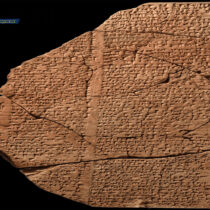The underwater location of a cultural artifact defines the sort of legislation that protects it. Thus, according to international law, the territorial sea falls under the legislation of the coastal nation and therefore the protection can be absolute. Greek archaeological legislation does not keep up with contemporary needs and therefore its reformation has become urgent. There are, however, recent strong amendments referring to submarine status. Their efficiency depends on the degree of inspection and protection exercised by the public service. Regarding the continental shelf or the deep of the exclusively economic zone, no verbal let alone written amendments have been made so far. The found cultural artifact could come into the possession of the first finder. However, according to Greek legislation (and that of other nations too) the companies that undertake the research and mining of natural hydrocarbons from the continental shelf have to abide by the regulations on the protection of antiquities. The new convention on the Law of the Sea of the United Nations (1982) contains two innovations: 1) it defines a veritable “archaeological zone” of 24 nautical miles which, under certain conditions is subject to the legislation of the coastal nation (article 303) and 2) iwhen the area belongs to an international sea-bed, the International Authority undertakes the protection of this zone and creates the right of preference for the nation claiming to be its “cultural source” (article 149).
The laws protecting underwater finds
30 Jul 2012
by Archaeology Newsroom
- A
- A
- A


